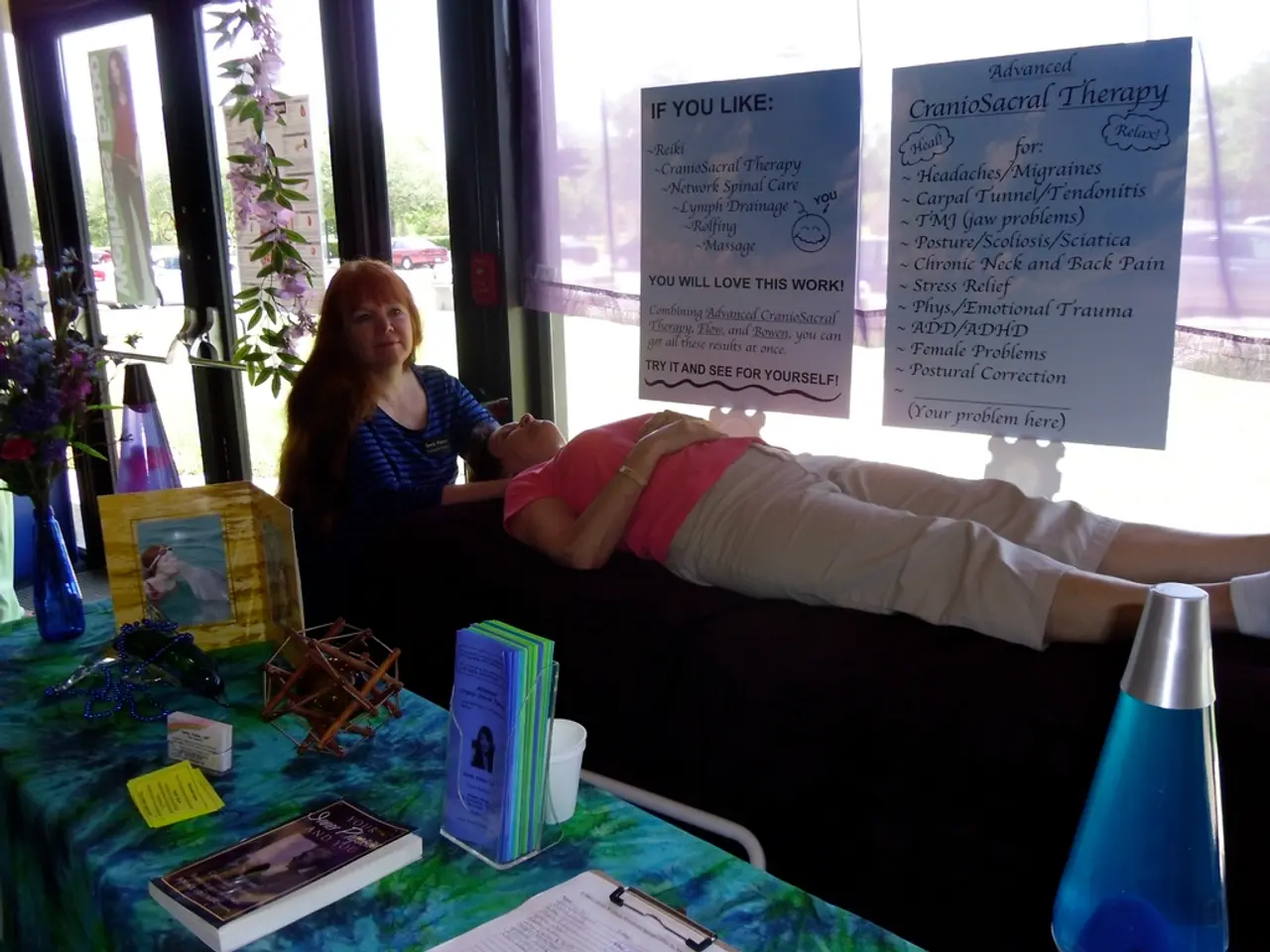The Blamelessness of the Mother
In August 1978, a tragic event unfolded in the United States state of Washington. A young man had taken the lives of an elderly couple, sending shockwaves through the community. This incident, however, marked a turning point in the fight against the stigma surrounding schizophrenia, thanks in large part to the efforts of Eleanor Owens.
Eleanor, whose own son had committed a similar crime a year earlier, was moved to action. She opened her newspaper that fateful day and learned of the young man who had committed the crime. He, too, was suffering from schizophrenia and was in a state of psychosis.
Eleanor decided to reach out to the family of the perpetrator, extending her sympathy, offering support, and encouraging them, as well as other families with schizophrenic relatives. This call served as the catalyst for a movement that would eventually lead to the formation of the National Alliance on Mental Illness (NAMI) in 1978.
The prevailing theory at the time was the "schizophrenogenic mother" theory, which suggested that mothers who were strict, rejecting, unloving, dominant, or overprotective put their children under psychological pressure, leading to schizophrenia. However, science had long provided evidence that traumatic experiences, genetic factors, and irregularities in dopamine levels increase the risk of schizophrenia.
Despite this evidence, psychoanalysts clung to the "mother theory" for a long time. Eleanor's call, and the subsequent formation of NAMI, helped to challenge this harmful narrative and bring about a shift in societal perception.
The group formed from Eleanor's efforts developed into NAMI, an organization that advocates for the rights and well-being of people with mental illness and their families. NAMI has played a significant role in the destigmatization of schizophrenia and its treatment.
Today, mothers whose children are diagnosed with schizophrenia are no longer blamed for the disease. Instead, they are offered support and understanding, just as Eleanor offered to the family of the young man who committed the crime in 1978.
Eleanor Owens' efforts have had a lasting impact on the way society views and treats people with schizophrenia and their families. Her call that August day in 1978 was the beginning of a movement that continues to fight for the rights and well-being of those affected by mental illness. The National Alliance on Mental Illness (NAMI) remains a testament to Eleanor's legacy, working tirelessly to ensure that those affected by mental illness are treated with dignity and respect.
Read also:
- Nightly sweat episodes linked to GERD: Crucial insights explained
- Antitussives: List of Examples, Functions, Adverse Reactions, and Additional Details
- Asthma Diagnosis: Exploring FeNO Tests and Related Treatments
- Unfortunate Financial Disarray for a Family from California After an Expensive Emergency Room Visit with Their Burned Infant








